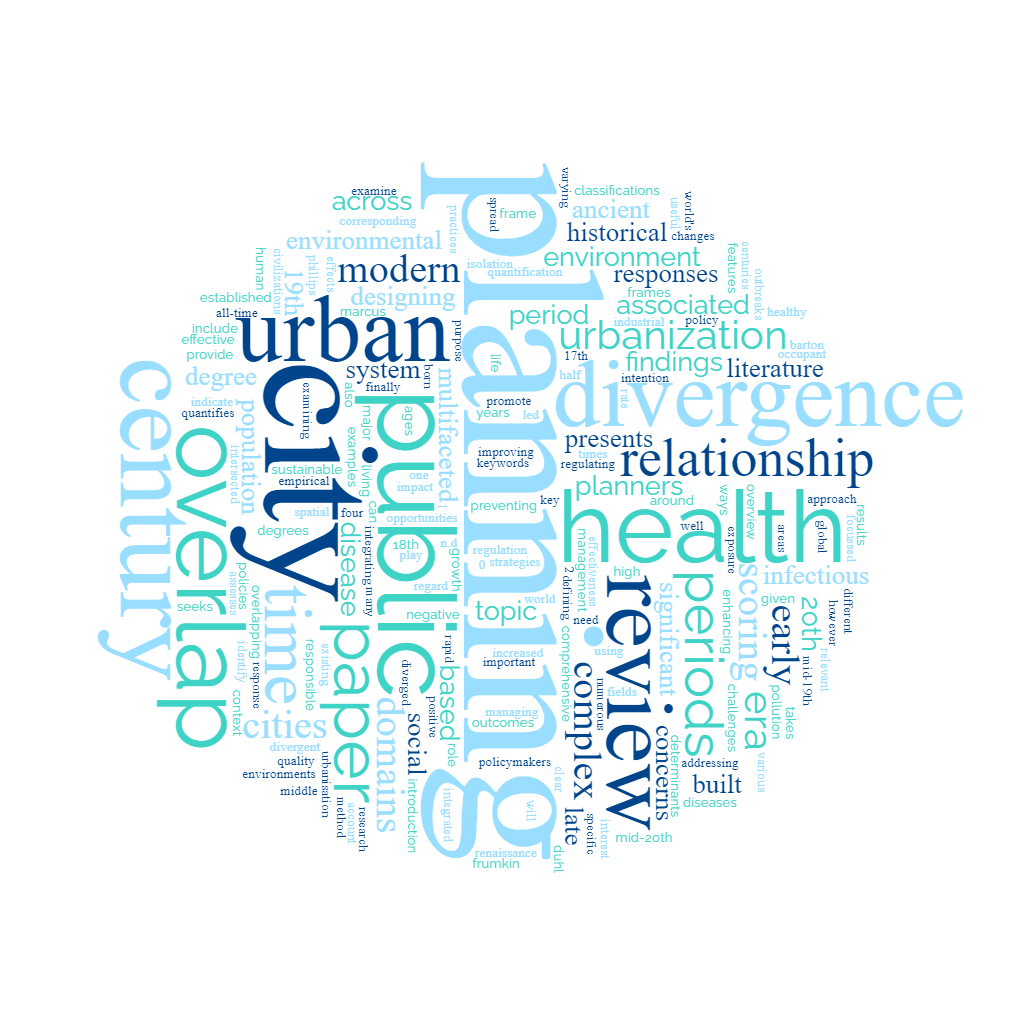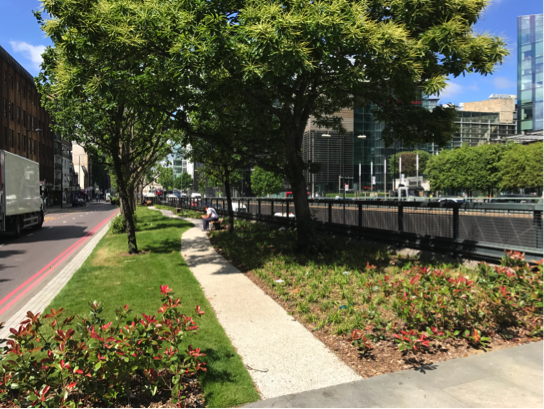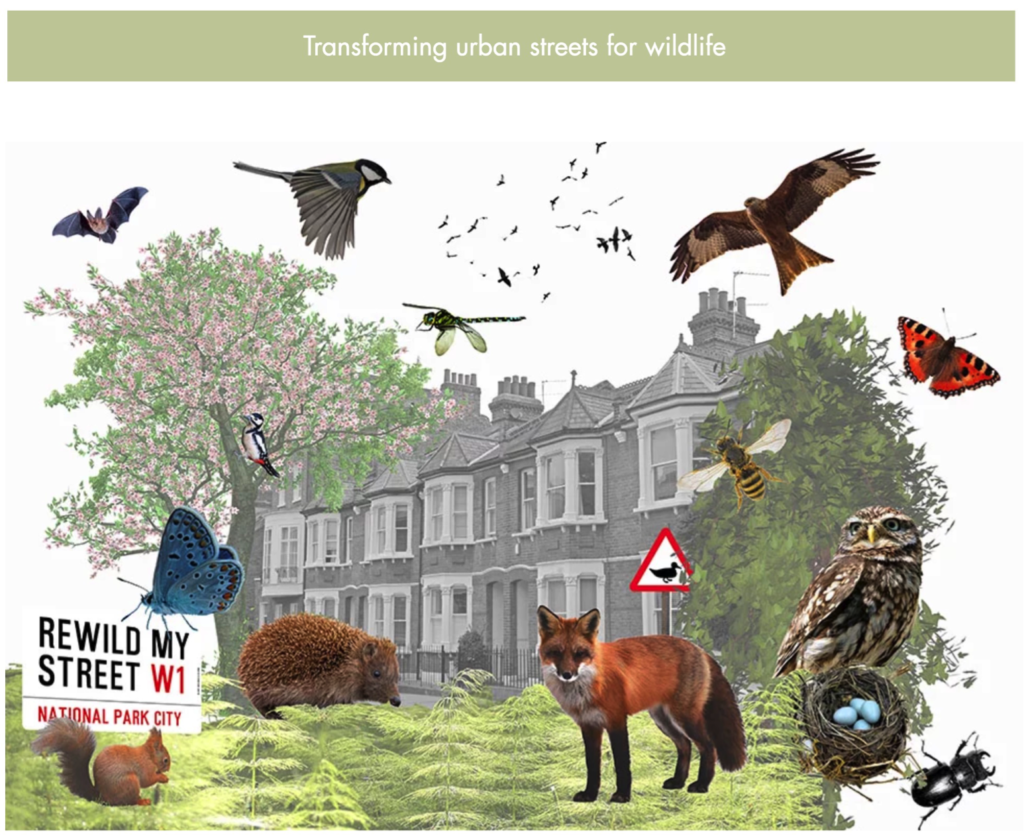City Know-hows

This study sheds light on Indian planners’ perceptions of health integration in urban and regional planning, highlighting implementation obstacles as well as acknowledgement of the topic’s significance.
Share
Target audience
Urban planners, public health professionals, medical professionals in India and decision/policy makers
The problem
Planners recognize the impact of social, economic, and environmental factors on health and are seeking to include health-related initiatives into planning. However, there are major challenges to implementing measures for developing healthier built environments. While there is an acknowledgement that there is limited inclusion of health, there is a lack of studies that focus on finding the challenges faced by Indian spatial planners.
What we did and why
The present research investigates barriers to integrating health considerations into planning frameworks, this research aims to bridge this knowledge gap and provide practical insights for urban planners and public health specialists in India.100 planners working in India in the field of planning participated in the survey resulting in understanding planning professionals’ perspectives on adding health as a planning parameter and to identify hurdles to inclusion.
Our study’s contribution
The study draws attention to issues such a lack of interdisciplinary teamwork, poor health data, and limitations applying health objectives in planning.
Impacts for city policy and practice
The study reveals key themes for health integration in planning: local-level interventions, considering the impacts of planning, strengthening policy frameworks and stakeholder engagement, and governmental support.
Further information
Full research article:
Health and urban planning: status and barriers from planners’ perspectives by Pallavi Tiwari and Mayank Mathur.
Related posts

The global COVID-19 pandemic, with its associated issues of isolation, enhanced hygiene practices and contact tracing brought up a number of issues to the public domain, many of which bordered on the nexus between urban planning and public health. We examine how new ideas concerning the linkages between urban planning and public health revealed by the COVID-19 crisis can be integrated into practice and how we might leverage this knowledge to build more just, healthier and liveable cities.

Understanding how urban environments affect health is the first step in making a healthy city.

City residential streets offer an opportunity to give back to nature, making changes to make them a habitat for wildlife. Our study investigated the behaviour of rewilding